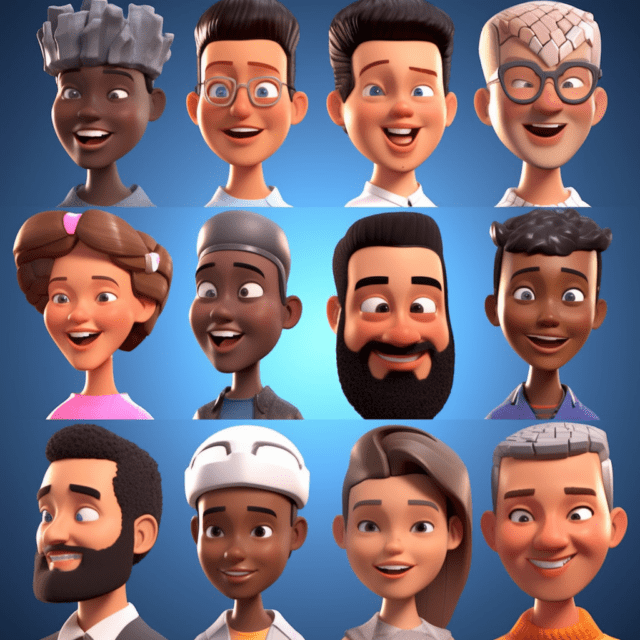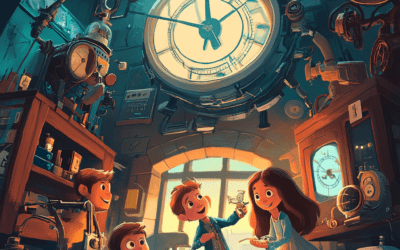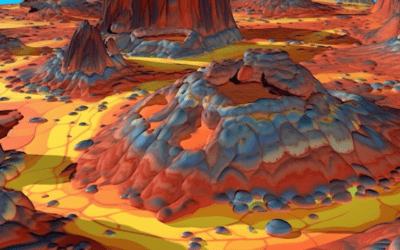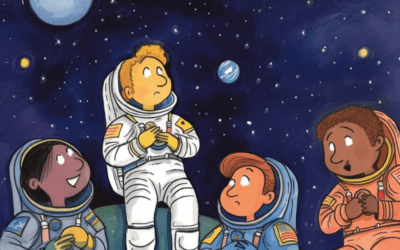Will Humans Continue to Evolve Over Time?
Introduction: The Journey of Human Evolution
Throughout history, humans have been on a fascinating journey of evolution. Evolution is the gradual change in a species over time, allowing it to adapt to its environment. So, will humans continue to evolve over time? The answer is a resounding, bold-YES! Let’s dive into this captivating topic.
Evidence from the Past
Looking at our ancestors, we can see clear evidence of human evolution. Our early relatives, such as Homo habilis and Homo erectus, had distinct physical characteristics that differentiate them from modern humans. These changes occurred over thousands of years, demonstrating the power of evolution.
How Evolution Works
Evolution is driven by natural selection. Imagine a group of birds living on an island with different types of beaks. Some birds have long beaks while others have short ones. If the island has an abundance of fruits, the birds with long beaks can easily reach the nectar, ensuring their survival. Over time, the population of birds with long beaks will increase, as they pass on their advantageous traits to their offspring. This is the essence of natural selection.
Factors Influencing Human Evolution
Now, let’s see what factors might shape human evolution in the future:
- Environmental Changes: Our planet’s climate and ecosystems are constantly changing. As environments change, so too must the species that inhabit them. For example, if Earth’s temperature rises, humans might develop adaptations to cope with extreme heat.
- Technological Advances: Technological progress can impact how humans evolve. Consider how technological developments like computers and smartphones have changed our daily lives. These changes might influence our bodies and minds in unforeseen ways in the future.
- Globalization and Intermixing: In our interconnected world, different human populations have more opportunities to interact and intermix. This intermixing may lead to genetic variations that could shape future generations.
- Health and Disease: Our evolving understanding of diseases and advancements in medical treatments contribute to changes in human evolution. For instance, as we find better ways to combat diseases, certain genetic traits that provided immunity may become less crucial, potentially affecting future generations.
A Few Possible Future Scenarios
While we can’t say for certain what humans will look like in the future, we can explore a few fascinating possibilities:
- Height and Body Shape: Due to factors like diet changes and advancements in healthcare, humans have generally grown taller over the past century. It’s possible that this trend will continue, resulting in even taller humans in the future.
- Brain Power: As our understanding of the human brain and its potential grows, there’s a chance that future humans will have enhanced cognitive abilities. This could lead to remarkable advancements in science, technology, and art.
- Virtual Reality and Augmented Senses: With the rise of virtual reality and augmented reality, our senses might evolve to adapt to these new technologies. Imagine having enhanced vision, hearing, or even the ability to experience virtual sensations.
The Journey Continues
In conclusion, human evolution is an ongoing process, and we will continue to evolve over time. Environmental changes, technological advancements, globalization, and improvements in healthcare are just a few factors that will shape our future evolution. While we cannot predict the exact path of our evolution, it’s exciting to speculate about the possibilities. Humanity’s journey of evolution is far from over, and the future promises to be filled with surprises and new horizons.












